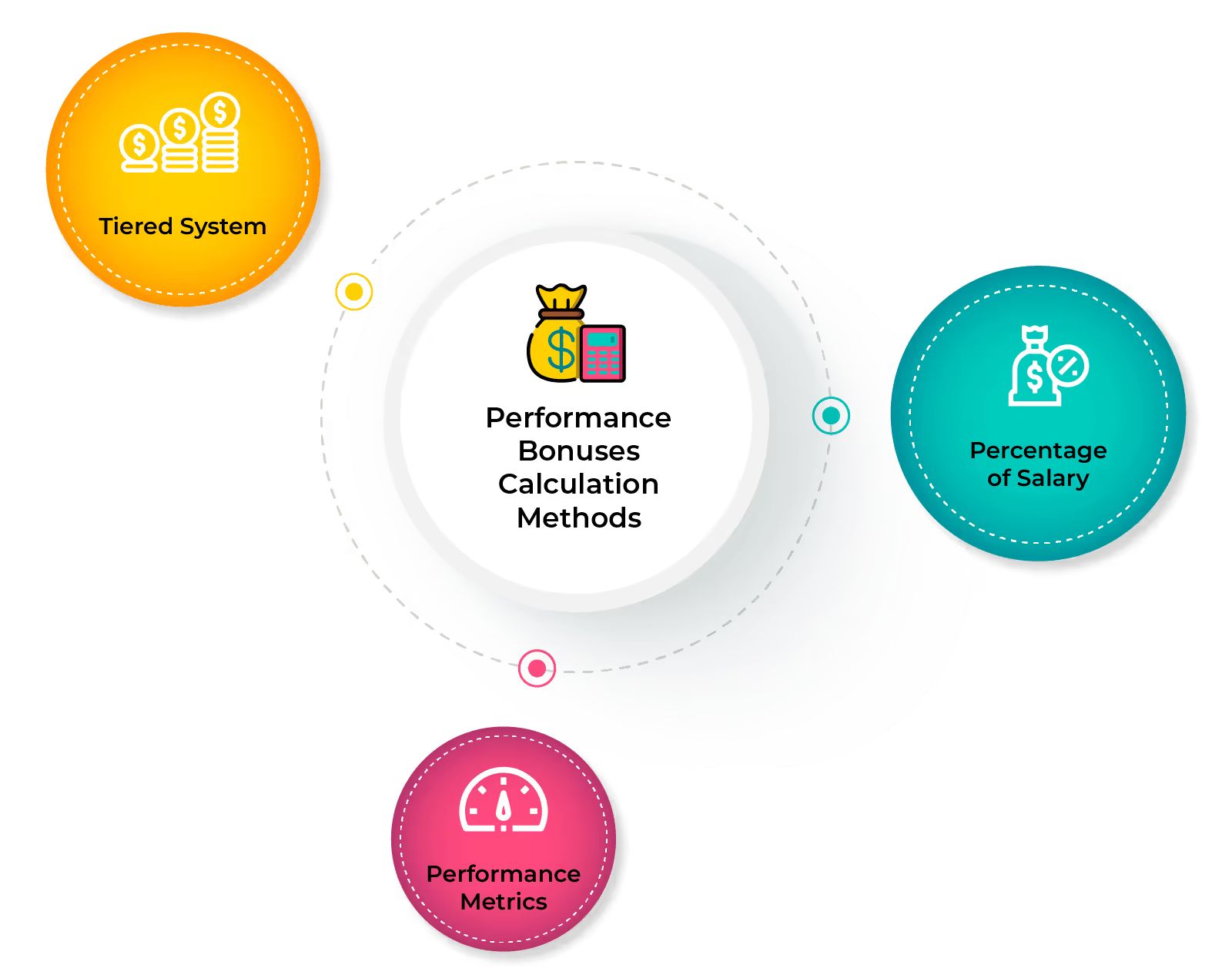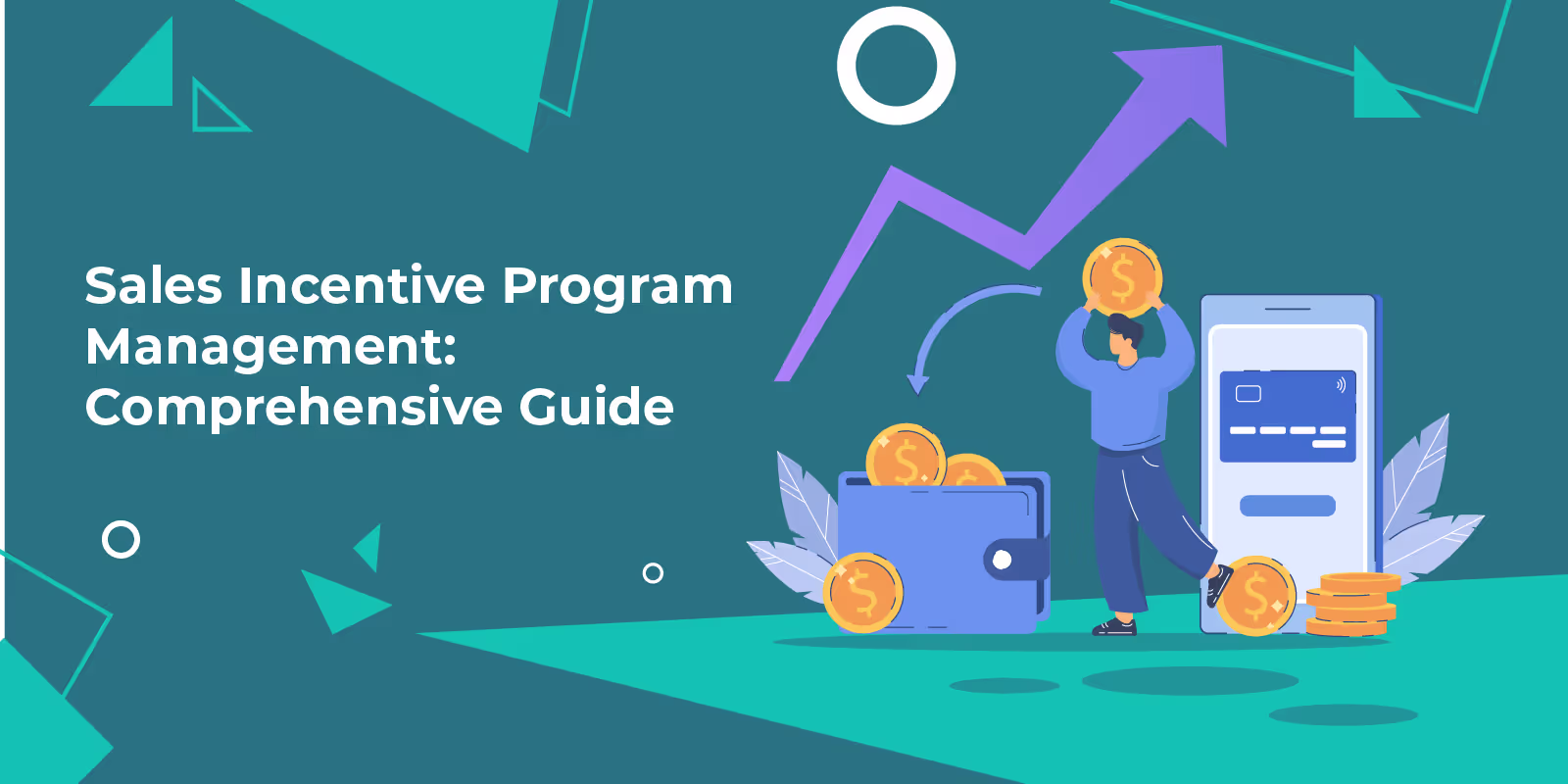
Blog
Performance-Based Compensation: Bonuses, Rewards, and Pay Structures
September 30, 2024


Key Insights
Employees are like plants. Give them a little water, sunlight, and appreciation, and they’ll bloom! Ignore them, and, well, things can get a little... wilted.
It's elementary math: reward the effort, celebrate the success, and you’ll keep the momentum rolling. The best part? Rewarding one person can have a ripple effect across your entire team.
Your top performers deserve the spotlight, the appreciation, and, yes, the rewards and recognition that show they’re valued!
Knowing this is just the start, you’ve got to take action!
Here’s where things get tricky. How do you decide who gets what? What’s the right approach? What steps should you take? All these questions start popping up!
Well, you're in luck. This blog has all the information you need to get started with performance-based incentive schemes. Read on!
What are Performance-Based Incentives Schemes?
Performance-based incentives are basically rewards tied to how well an employee or team performs. Instead of a flat salary or bonus that everyone gets, performance-based incentives are customized based on what someone achieves, whether that’s hitting sales targets, completing projects ahead of schedule, or going above and beyond in their role.
These incentives work because they tap into that competitive spirit.
The beauty of performance-based incentives schemes is that they benefit both sides. Employees feel recognized and motivated, while the company gets better results.
What is a Performance-Based Bonus?
A performance-based bonus is a one-time reward given to employees for reaching or surpassing specific goals.
It’s a nice way to recognize effort in real time and keep employees motivated.
Is Performance-Based Pay Right for Your Team?
It depends! The choice hinges on your team dynamics, the kind of work they do, and the culture you want to create.
If you’ve got a team that thrives on competition, loves clear goals, and is motivated by rewards, performance-based pay could be a great fit. On the flip side, if your team works in a more collaborative or creative environment, where results aren’t always easy to measure, performance-based pay might not be the best option.
Performance bonuses are usually calculated based on a mix of factors, with the main goal being to reward employees for exceeding expectations. Here's a breakdown of how it typically works:
How are Performance Bonuses Calculated?

#1 Percentage of Salary:
In many cases, bonuses are calculated as a percentage of an employee’s base salary. For example, a company might offer a 10% bonus if an employee meets or exceeds their performance goals.
#2 Performance Metrics:
Bonuses can also be tied to specific performance metrics. For instance, if you’re in sales, your bonus might be linked to how much revenue you generate.
#3 Tiered System:
Many companies use a tiered bonus system. So, if you hit 100% of your goal, you get one level of bonus, but if you hit 120% or 150%, your bonus increases accordingly.

Other Ways to Define Performance Bonus
Company Performance:
Sometimes, bonuses are tied not just to individual performance but also to how the entire company does. For example, if the company exceeds its annual revenue goals, everyone might get an additional bonus on top of their individual payout.
Discretionary Bonuses:
Some bonuses are more flexible and left to the discretion of managers, who may reward employees based on a broader assessment of their performance, contributions, and overall attitude.
Types of Performance-Based Rewards

1. Experience-Based Rewards
Memorable experiences, like trips or concert tickets, are given as rewards instead of cash. They create lasting memories and offer something unique.
2. Customized Recognition
Personalized rewards, such as engraved trophies or gifts that align with individual interests, show appreciation in a tailored way, making employees feel valued.
3. Health and Wellness Perks
Rewards like gym memberships or spa days promote employee well-being. These perks show that the company cares about employees’ health beyond work performance.
4. Learning and Development Opportunities
Access to courses, certifications, or conferences encourages career growth. Investing in employees' development motivates them to excel.
5. Flexible Work Arrangements
Allowing options like remote work or flexible hours can be a powerful reward. It shows trust and helps employees balance work and personal life.
6. Charitable Contributions
Donations made in an employee’s name to their chosen charity can be a meaningful reward, aligning personal values with company recognition.
7. Recognition Programs
Formal programs that highlight achievements, such as “Employee of the Month,” provide public acknowledgment and celebrate individual contributions.
Why Are Team-Based Performance Rewards Better?

Team-based performance rewards turn a good team into a great one!
Instead of just competing against each other, team members are cheering each other on, sharing ideas, and brainstorming together. Wow!
These rewards help reduce unhealthy competition, which can sometimes create tension. Instead, you get an environment where diverse skills come into play.
And let’s not forget the boost in job satisfaction!
When team members feel valued for their contributions to a collective effort, it increases their sense of belonging. They’re not just clocking in hours; they’re part of something bigger. So, in a nutshell, when teams win together, not only do the results improve, but everyone walks away feeling good about what they’ve accomplished, together!
💡Pro Tip for Savvy Businesses:
Try Kenenect's Incentive Management Automation Software! It takes care of everything, from the initial setup and calculations to reports and final payouts, so you can kick back and relax. Curious about how it works? Check out the demo with our experts. You’ll wonder how you ever managed incentives without it!
Pay Structure Comparisons
Performance-based incentive schemes (PBI) are a great way to motivate, but how do they compare to things like salaries, bonuses, or retention perks? Check out the table below for a quick, side-by-side look at how PBI stacks up against other pay structures.
Advantages of Performance-Based Rewards

- Motivational Boost – Drives employees to hit targets and work harder.
- Performance Power-Up – Incentives push employees to improve their results consistently.
- Engagement Explosion – Recognizing performance increases overall engagement and job satisfaction.
- Talent Magnet – Competitive rewards help attract and retain top talent.
- Goal Alignment – Aligns individual performance with company goals, creating a win-win situation.
Disadvantages of Performance-Based Rewards

- Potential for Bias – Managers may unintentionally favor certain employees, leading to unfair rewards.
- Short-Term Focus – Employees might focus on immediate results rather than long-term goals.
- Increased Competition – This can create unhealthy competition, harming collaboration and teamwork.
- Demotivation – Those who consistently miss out on rewards may feel discouraged.
- Difficulty in Measurement – Accurately measuring performance can be tricky, leading to disputes over rewards.
Final Reflection!
A study published in the Human Resource Management Journal revealed an interesting catch: while performance-based pay can push employees to work harder, it often comes with a downside, higher stress levels and lower job satisfaction. So while it’s great to have a motivated team, it’s just as important to ensure the system doesn’t turn into a pressure cooker!
The key? Strike a healthy balance. Performance rewards should drive ambition, not anxiety.
After all, happy employees are productive employees! So, if you’re going all in on performance-based pay or incentives, make sure you’re keeping the balance between pushing for results and maintaining a healthy, happy work environment. Otherwise, you risk burnout and disengagement, a one-way ticket to high turnover.
ReKennect : Stay ahead of the curve!
Subscribe to our bi-weekly newsletter packed with latest trends and insights on incentives.
Thank you! Your submission has been received!
Oops! Something went wrong while submitting the form.
Your data is in safe hands. Check out our Privacy policy for more info















